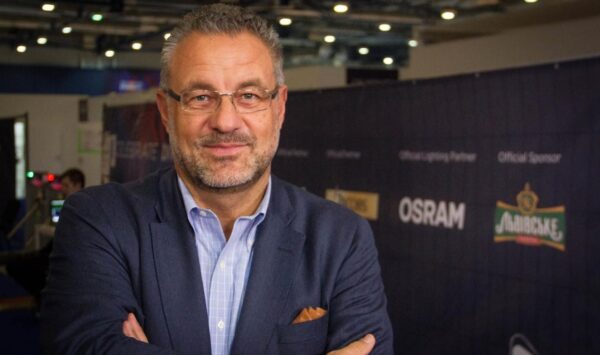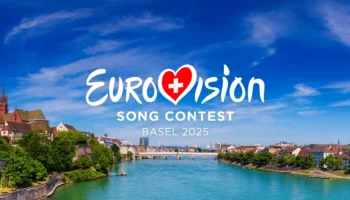Following the conclusion of the 2017 Eurovision Song Contest – which saw a rollercoaster of events taking place in the lead up – the Chairman of the ESC Reference Group, Frank-Dieter Freiling, has spoken out regarding this year’s problems alongside potential sanctions.
The lead up to this year’s Eurovision Song Contest saw numerous difficulties and challenges for both Ukraine and the European Broadcasting Union (EBU).
From delays in host city procedures to resignations across the 2017 core team alongside the withdrawal of Russia, the road to this year’s competition was no easy feat.
In a recent interview with Eurovision.de, Chairman of the ESC Reference Group, Frank-Dieter Freiling, has spoken of the struggles involved with this year’s competition, together with possible consequences regarding the Russia-Ukraine Eurovision dilemma.
‘No time to develop greater creative potential’
Speaking of the delays in this year’s planning and preparations, Freiling revealed that, all things considered, the organisation of the competition was fast. However due to time restraints, there was “no time to develop greater creative potential”.
Freiling went on to speak of the collaboration with non-Ukrainian television producers, which went on to help with the professional result of the live shows in the long-run.
Russia-Ukraine debacle to be discussed
With Russia having initially confirmed their participation in the 2017 Eurovision Song Contest, it was shortly after determined by the Ukrainian Security Services that the nation’s representative would not be allowed to enter the Eurovision host country following a law violation back in June 2015.
Speaking of the debacle regarding the 2 nations, Freiling spoke of the problems which arose on both sides, of which he described as a “propaganda war”.
Asked as to why the EBU together with the ESC Reference Group could not shake the final decision regarding Russia, Freiling revealed:
We did that – and we also threatened sanctions. But the host broadcaster in the end had no way of getting past the political institutions.
Freiling went on to confirm that the full situation regarding both Ukraine and Russia will be discussed in the forthcoming Reference Group meeting on the 12 June, revealing that the “incidents will not be without consequences”.
Lisbon 2018?
Despite initial thoughts of a confirmation that Lisbon would be the host city for the 2018 Eurovision Song Contest, Freiling insisted that the race for the potential city must remain open.
As a reference group, we always insist on the fact that – as was the case in Ukraine – there is a selection process in the countries.
Whilst Lisbon remains a possible option, Freiling also spoke of the encouragement towards several cities wanting to apply in order to help make Eurovision a potential success in their city and country.




